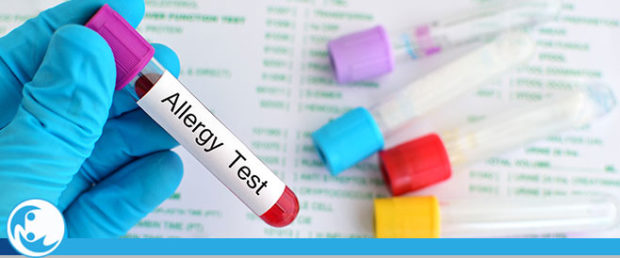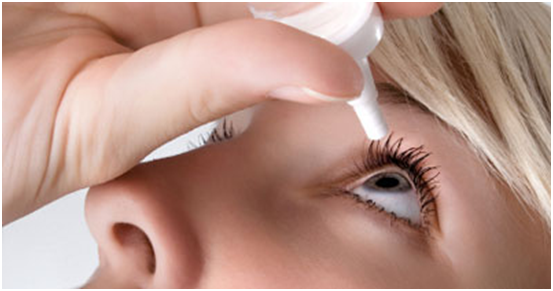Allergy Skin Testing



Allergy test plays a pivotal role in Allergy diagnosis and treatment. Allergy Tests are used to confirm clinical sensitivity induced by aeroallergens, foods, some drugs, a few chemicals, and Hymenoptera venom.
Vaccines Highly recommended for Asthmatics
An allergy test can be broadly divided into two groups-
1
Allergy Blood test

2
Allergy prick test

Allergy Prick Test
Allergy Prick Test- In Allergy prick testing a small quantity of allergen is introduced through the patient’s skin and results are seen in the form of wheal flare reaction in 10 to 20 minutes.Skin prick testing can be performed by various methods for example Intradermal test,Scratch test and modified skin prick test.
Modified prick testing method is most commonly used by the Allergists all over the world. In comparison with other methods it is least painful,safe and accurate
What are the indications of allergy test?
Allergy test is advised in the following disease conditions-
1
Allergic Rhinitis
3
Food Allergy
5
Hymenoptera ( Insect bite) hypersensitivity

2
Asthma
4
Atopic dermatitis

Is there any factor that can affect Allergy prick testing results?
Intake of oral anti histamine within a week of Allergy test can give false negative results.So that patient is advised to withdraw antiallergic medicines at least a week before the test.
Local use of steroid cream at the site of allergy prick testing for example forearm and back alter the allergy test results.
Age-infancy or old age
Sex -no difference
Race-wheeling more in blacks
Circadian rhythm peak in late evening
Seasonal variation pollen allergy
Skin condition-skin eczema
Other condition-diabetic neuropahthy
*Skin test can be performed even at one month of age
Method
SPT is a simple, safe and quick test, providing results within 15-20 minutes. This will enable you to receive a diagnosis and management plan at your appointment.
Skin prick testing is done demonstrates an allergic response to a specific allergen. SPT can help to confirm the presence of an allergy to pollen, food, dust, mites, moulds and animal dander’s.
The skin prick test introduces a tiny amount of allergen into the skin, eliciting a small, localized allergic response, in the form of a wheal (bump) and flare (redness) at the site of testing. These tests can be carried out on all age groups, including babies. The test allergens are selected following a discussion with your clinician and based on your history.

Prerequisites
The patient needs to avoid taking anti-histamines and certain other medications before the test.
Antihistamine should be stopped at least 5 to 7 days before the testing
Tricyclic anti depressant and atypical antipsychotic drugs should be taper down if required a wk before the testing.
Beta blockers should be stopped in all instances 24 hour before the testing
Medications and the period of abstinence before SPT
Potential Risks of Non-Specialist Care
1
Misinterpretation of test results
3
Mismanagement
5
Costly and unnecessary allergen avoidance measures

2
Over diagnosis
4
Over prescription of medications and treatments





